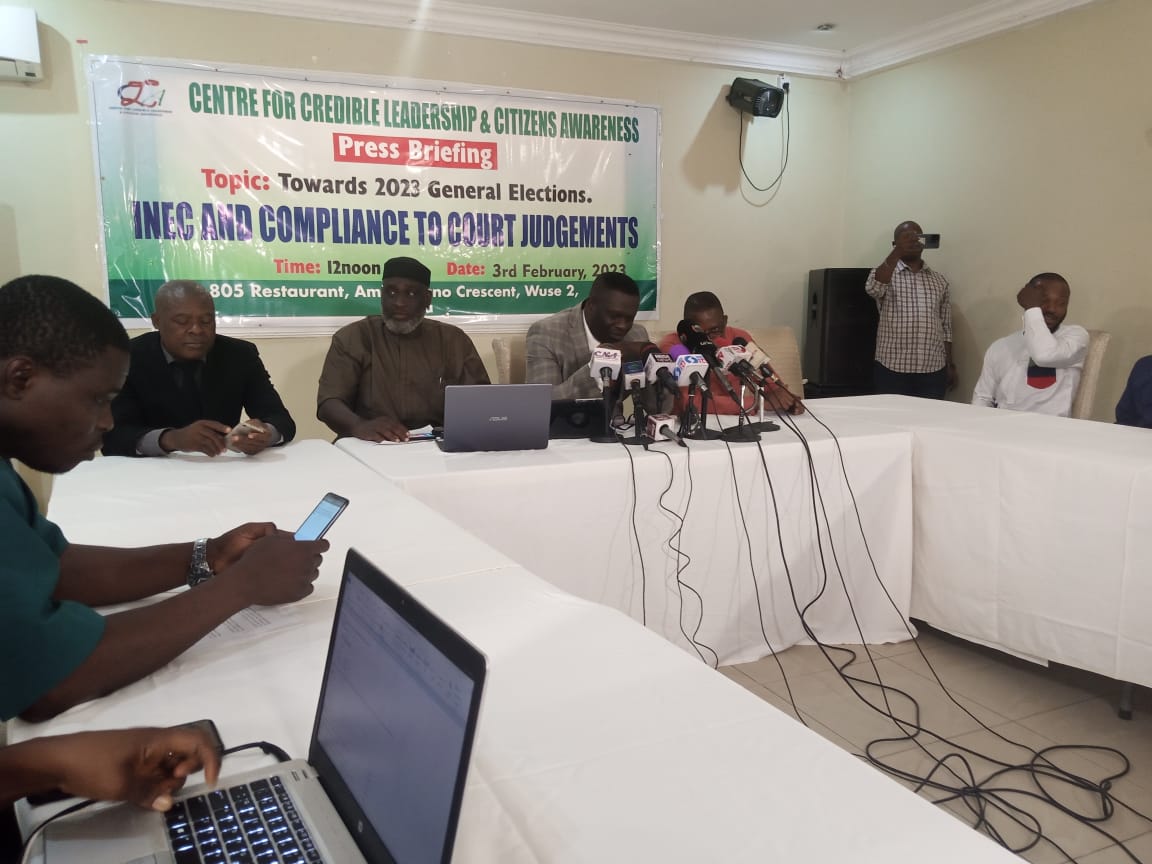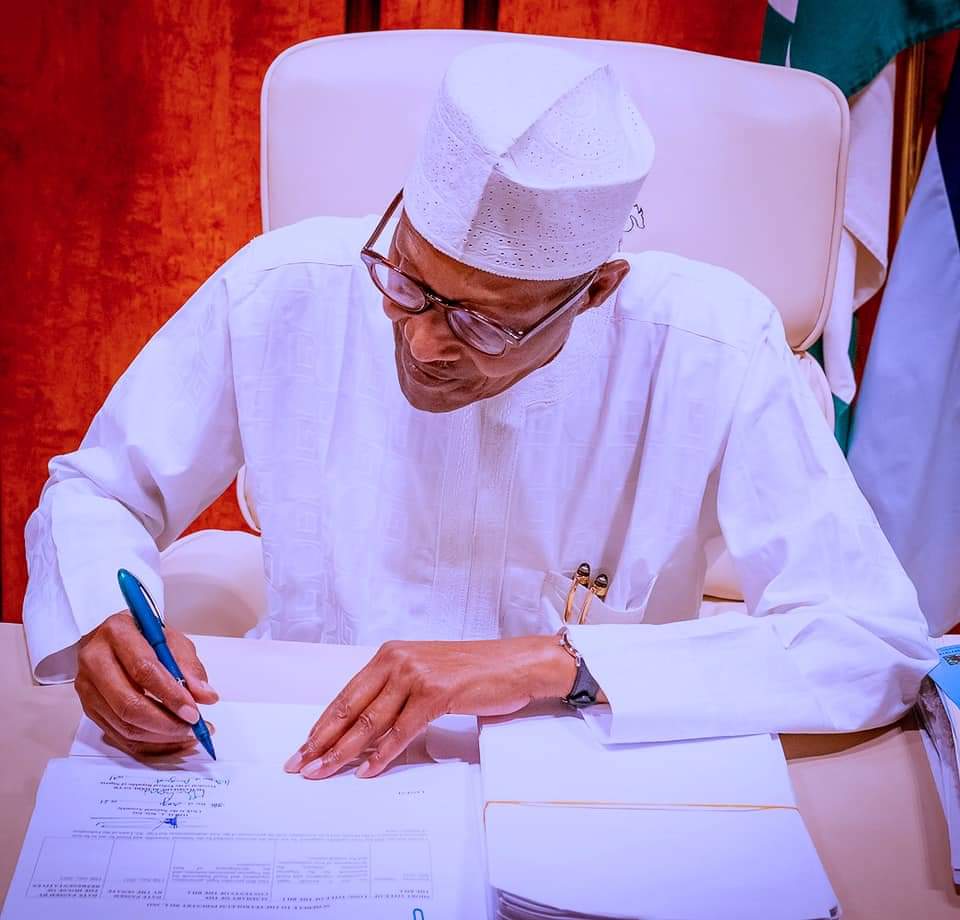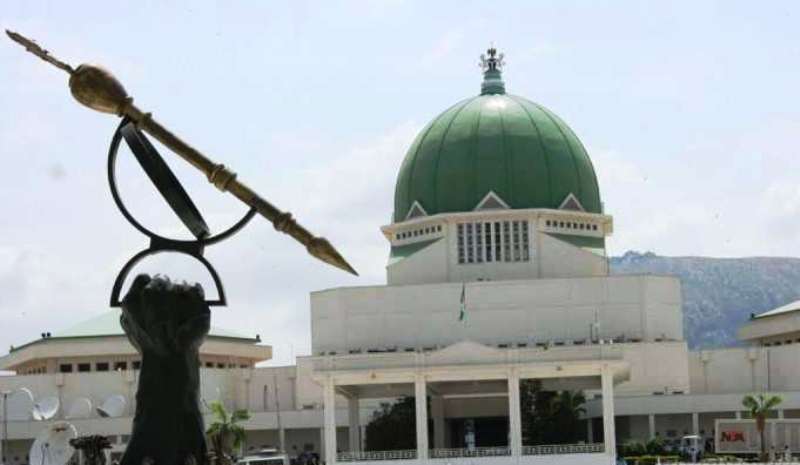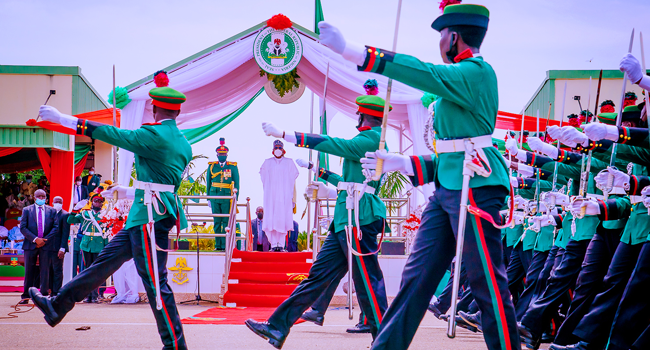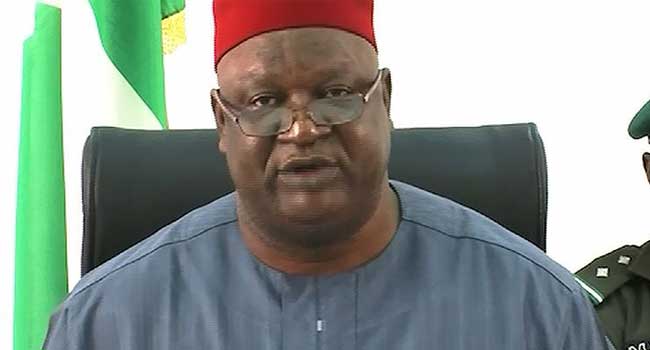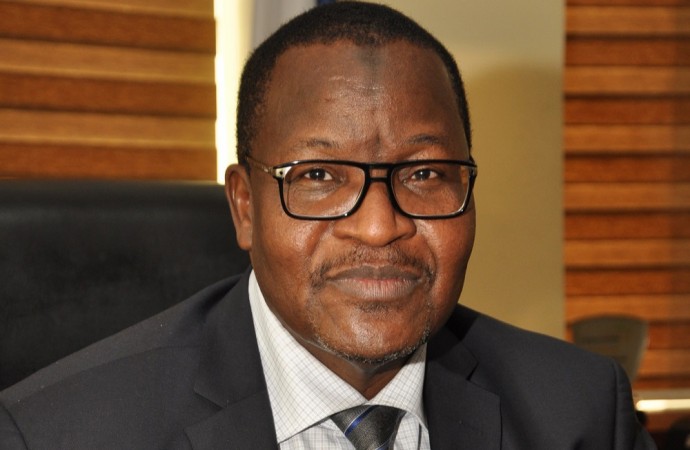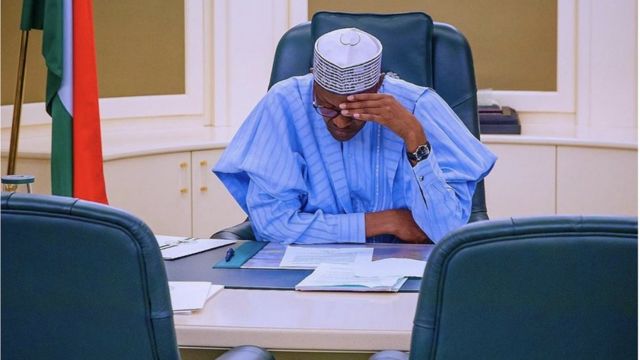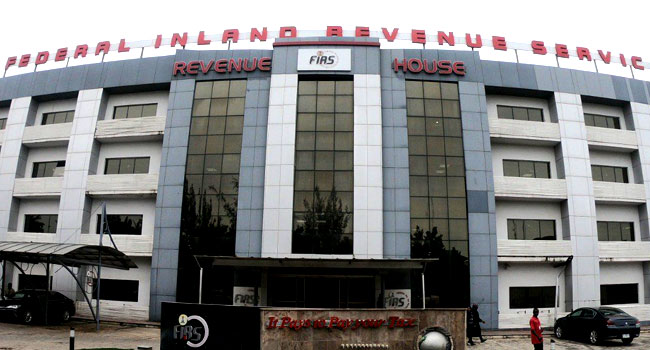…demand to know why Chief Oye’s name is still in its site despite court verdict
Barely 22 days to the presidential elections, the Civil Society Organizations, CSOs under the aegis of Centre for Credible Leadership And Citizens Awareness on Friday queried the apex electoral umpire, INEC on its level of compliance to court judgements.
TheNewsGuru.com, (TNG) reports this position was canvassed by the convener of the coalition, Dr Gabriel Nwambu stating that:
“As a coalition, we have observed with keen interest the controversy surrounding the corrected version of the Supreme Court Judgment of May 9, 2022.
“Despite the controversies, the lead Justice of the Panel Hon. Justice Mary U. Peter-Odili (Rtd), in other to ensure that justice prevails, had to write from retirement to clarify all parties that Chief Edozie Njoku was the National Chairman of the All Progressive Grand Alliance (APGA) that was wrongly removed at the Jigawa State High Court.
” In her letter dated November 7, 2022, the lead Justice and other members of the panel pointed out the misconception arising from the slip of pen and tongue on paragraph 1 of page 13 of the October 14, 2021 judgment and that this error had long been corrected.
” Interestingly, all the parties to the suit including INEC were duly served.
This notwithstanding, the Commission is yet to honor the Supreme Court Judgment.
“A few days ago, January 19, 2023, the Chief Justice of Nigeria through the Chief Registrar of the Supreme Court, while admitting that Chief Victor Oye’s name was ‘erroneously inserted’ in the Judgment further confirmed Chief Edozie Njoku as the National Chairman of APGA and requested him to come forward with a motion to the Court for the regularization of the corrected version of the Judgment.
“Ladies and gentlemen, given these instances, the big question is ‘what is the name of Chief. Victor Oye still doing on the INEC website? On what grounds is Chief Victor Oye’s name being retained on the INEC website? This act by INEC casts shadow of doubt on the credibility of the coming election.
“Every election year, our Coalition normally conducts Electoral Risk Assessment (ERA).
In our last week session, we reviewed possible risks to the coming election, risk experts made it clear to us that the retention of Chief Victor Oye’s name on INEC website and his subsequent recognition as APGA National Chairman by INEC poses the greatest risk to the 2023 General Election.
“Chief Victor Oye couldn’t have fielded candidates for the Party, when he truly knows that he wasn’t the National Chairman of APGA.
“We, as a coalition of Civil Organizations, would like to reiterate our confidence and abiding faith in Prof. Mahmood Yakubu’s led INEC and its National Commissioners.
” It is our firm belief that Professor Mahmood Yakubu would conduct transparent, free, fair and credible elections on the February 25, 2023 and March 11, 2023 respectively.
“But, we still wonder why the Commission is still dealing with Chief Victor Oye as the National Chairman of APGA.
Clearly, this is a direct affront to the Supreme Court Judgment.
“We wish to state that it is the perception and integrity of INEC that inspires and confers confidence and credibility to the electoral process.
“Consequently, we, hereby call on Professor Mahmood Yakubu to take urgent steps to attend to this ugly trend which is impacting negatively on the image of the Commission and confidence of the electorates on the Commission.
“We wish to make it categorically clear that we are neither members of the APGA nor any other political party, but we insist that the right thing should be done.
” Therefore, in the spirit of fairness and justice, we urge Professor Mahmood Yakubu and the Independent National Electoral Commission (INEC) to look into the name of Chief. Victor Oye on their INEC’s website because it sends the wrong signal both home and abroad.
” Finally, we wish to advice all registered voters to go and collect their PVCs as votes must count in the general elections.
“This is the confidence which the introduction of the BVAS technology inspires.
